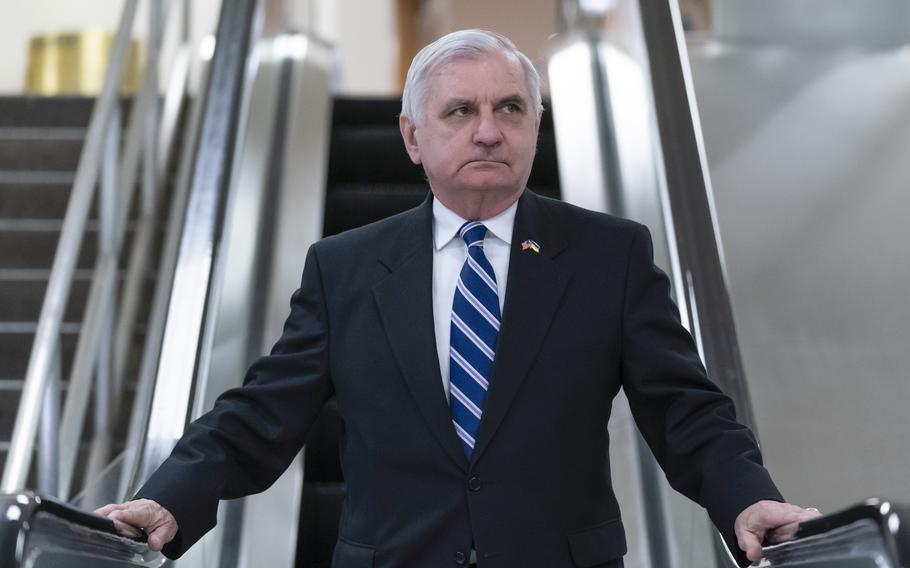New Bill Targets Crypto Industry with Tighter Regulations
The U.S. Senate is gearing up to tighten the reins on the crypto sector. A new bipartisan bill, the Crypto-Asset National Security Enhancement Act of 2023, aims to impose stringent anti-money laundering (AML) measures on decentralized finance (DeFi) protocols. Read more about the bill here.
Combating Crypto Crimes and Evasion
The bill’s objective is to combat the surge in crypto-related crimes and block potential loopholes for money laundering and sanctions evasion. These are crucial for national security, as per the bill’s briefing document.
DeFi Protocols: A Regulatory Challenge
DeFi protocols, financial apps that enable crypto wallet holders to borrow, lend, and trade cryptocurrencies via smart contracts, are more challenging to regulate than centralized companies like Coinbase. They function directly on permissionless blockchains.
Imposing Requirements on DeFi ‘Controllers’
The proposed legislation plans to overcome these challenges by imposing requirements on anyone who ‘controls’ a DeFi protocol or provides an application to use the protocol. This could refer to groups that create user-friendly interfaces for otherwise complex smart contracts, such as Uniswap Labs for Ethereum’s top decentralized exchange. Read more about Uniswap Labs here.
Accountability for DeFi Protocol Development
The bill also states that if no one controls a DeFi protocol, anyone who invests over $25 million in developing the protocol will be accountable for these obligations.
Vetting Customers and Maintaining AML Programs
These controlling entities would need to vet their customers, maintain AML programs, report suspicious activities to the government, and prevent sanctioned individuals from using their protocol.
Identity Verification and Expanded Authority
The bill also proposes identity verification requirements for crypto kiosks and expands the Treasury Department’s authority to monitor alleged money launderers in non-traditional financial settings, including crypto. Learn more about the Treasury Department’s role here.












